Description
Led Zeppelin had gained considerable popularity in 1969 with two US tours in the first half of the year, but their third US visit, which was undertaken to further expand the band, was a tour centered on summer festivals. It is still fresh in our memory that the first day of the tour was unearthed as “ATLANTA POP FESTIVAL 1969,” but one of the rare recordings from this period that has existed for a long time but has been overlooked is the Cleveland performance on July 20th. In the past, there were recordings such as the old Tara record “DESTROYER 1969,” which had a limited number of items and were released in small quantities. This was a surprisingly easy-to-listen-to audience recording, but on the other hand, the hiss noise was a chronic problem, so the old Tara record and others used noise reduction to suppress it. This is a typical state for items from the mid-1990s. Although a few items were released after that, the ones that were released with a more aged feeling and the past items were generally released with the pitch out of whack were probably factors that made the impression worse. When releasing such an unfortunate 69 vintage audience, the version that appeared on the Internet this year was the basis. This is a 2 gen state, which has been dubbed twice from the master reel, but it seems to be in a much calmer state than the previously released version. The pitch was corrected at the time of release, so it was accurate. This alone made it much easier to hear than the past items. In addition, the state of the sound fluctuating due to the deterioration of the tape, which was a concern with the past items, was also a concern with the vintage audience, as it was recorded in mono, but this was also resolved at once by remonoizing the right channel at the time of release. This also realized a recording in a stable state that was incomparable to the state of the previously released version. Although the sound image is basically distant, on the other hand, the fact that there is no noisy audience around seems to have contributed greatly to the unexpected ease of listening to this sound source. In addition, this overhaul has finally transformed the sound into something that is easier to listen to. Listening to it in such a stable state, it is clear that the performance was already solid ahead of the famous Central Park performance the next day. However, rather than the aggressive performance of the next day, the performance had a unique atmosphere of being very careful and polite, yet powerful. This is probably because the stage conditions on this day were such that the monitors were almost unusable, as if Plant was speaking to the audience. Not only on this day, but in 1969, stage monitors were introduced in earnest in American rock concerts, so there must have been many incidents where the monitors did not work as expected. In other words, on stage, they had no choice but to play carefully while they could not hear their own performance as they wanted. It can be said that the fact that they could still play such a powerful performance even after such a disaster shows the true face of ZEP in 1969. In fact, Plant was at full throttle from the very start, and the sight of his extraordinary screams making the audience laugh was seen even the next day, and it shows how overwhelming his singing was in blues repertoires such as “I Can’t Quit You Baby” and “You Shook Me”. Also, of the two tours held in the first half of the year, the only one that went around Ohio was at Ohio University on May 17th (the recording has not been excavated), so for many of the audience that packed in that day, it was the first time they had seen ZEP on stage, which may have led to a sense of realism that made them feel shocked by Plant’s screams or watch with bated breath. However, as for Jimmy’s solo performance “White Summer / Black Mountain Side”, it ends with a cut that seems like Taper got tired of the instrumental and stopped recording. And ZEP itself, as if the monitor malfunction was nothing to them, went into the finale “How Many More Times” explosive performance. It’s amazing how they could perform so well in a situation where they couldn’t hear their own performance. It’s very interesting to see how the performance is completely different from the next day, with a careful but passionate performance. In the first place, it’s also the face of ZEP in 1969 that the performance changes completely every day. The part where the song moves to “Oh Rosie” and “The Hunter” is also perfectly decided. And it’s interesting that there are many quiet developments because the monitors are not in use. However, it is a chronic problem of the original sound source that a little bit of music unrelated to ZEP is transcribed onto the tape in the latter half of the 11-minute range during such a situation, but the sound overlaps with the ZEP performance at the right time, and it’s a blessing in disguise that it can be overlooked without any discomfort (laughs). That’s a joke, but this time, the 1969 ZEP vintage audience, which was previously thought to have a high hurdle, will be released with a much easier listening experience. I was surprised at the performance that was completely different from the next day’s Central Park! Musicarnival, Warrensville Heights, Cleveland, OH, USA 20th July 1969 TRULY AMAZING SOUND(UPGRADE) (59:50) 1. Intro 2. Train Kept A Rollin’ 3. I Can’t Quit You Baby 4. Dazed And Confused 5. White Summer / Black Mountain Side 6. You Shook Me 7. How Many More Times
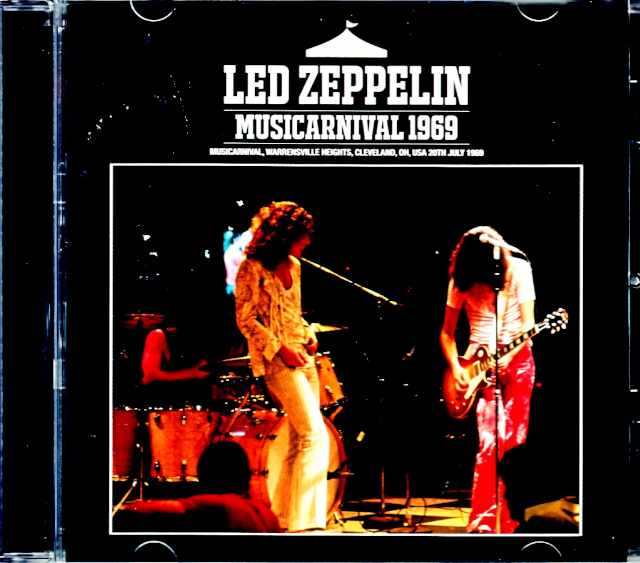
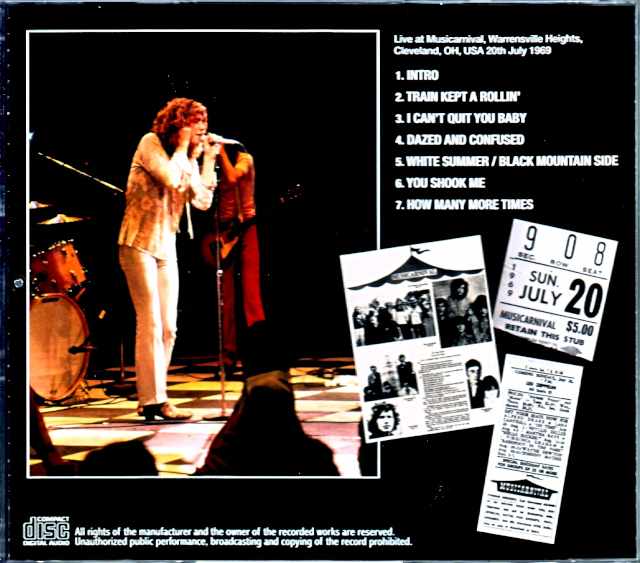

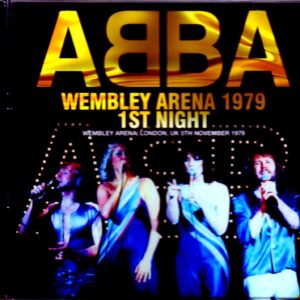
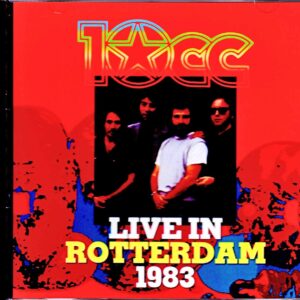
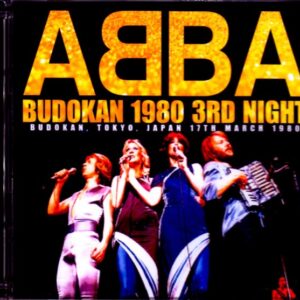
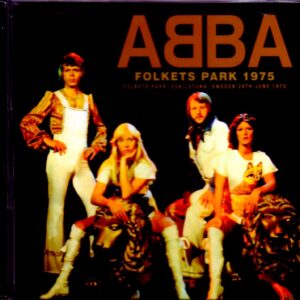
Reviews
There are no reviews yet.